The federal House of Representatives I’ll has just passed for the second reading the bill seeking the creation of additional state for the South-east of Nigeria. This is a demonstration of the resolve on the part of the legislators to create additional state for the South-east of Nigeria.
As is well known in Nigeria’s complex political landscape, the issue of state creation has emerged as a critical concern, deeply intertwined with the quest for equitable representation and national unity. The proposal for Anioma State, a new state carved from the existing Delta State, represents a significant measure to address historical injustices and systemic marginalisation faced by the Igbo-speaking population. This proposed state is not merely an administrative adjustment but a crucial step towards correcting historical imbalances and fostering long-term national cohesion and stability.
Join our WhatsApp ChannelNigeria’s journey from its initial four regions in 1967 to the current 36 states has been marked by a series of administrative changes intended to address regional disparities and promote more localised governance. General Yakubu Gowon’s creation of 12 states in 1967 aimed to reduce regional tensions and promote more localised governance in response to the political and ethnic tensions of the time.
READ ALSO: Between Creation Of More States And Regional Govt, Which Do We Really Need?
Subsequent military administrations continued this trend, with General Ibrahim Babangida creating 11 additional states in 1991 and General Sani Abacha adding six more in 1996. These expansions were often driven by political considerations and strategic interests rather than purely equitable distribution of resources and representation. While these changes sought to address the needs of various regions, they sometimes resulted in new imbalances and regional tensions.
A significant issue arising from this state-creation process has been the underrepresentation of the South-east zone. This zone, comprising Abia, Anambra, Ebonyi, Enugu, and Imo states, has consistently been underrepresented compared to other geopolitical zones. For example, the North-West zone, with its larger population, has seven states, while the North-east, North-central, South-south, and South-west zones each have six states. This discrepancy is not merely a matter of numbers but reflects deeper concerns related to resource distribution, political power, and developmental opportunities.
The South-east’s underrepresentation has contributed to systemic marginalisation and a perception of inequity in resource allocation and political influence. This imbalance has had tangible effects on the region’s development and its people’s sense of inclusion in the national narrative. The proposal for Anioma State seeks to address these disparities directly.
The proposed Anioma State would be carved from Delta State and would include the local government areas of Aniocha North, Aniocha South, Ika North-East, Ika South, Ndokwa East, Ndokwa West, Oshimili North, Oshimili South, and Ukwuani, with Asaba as its capital. This new state represents a crucial step towards rectifying the historical oversight of the Anioma region and providing a fair share of political power and resources to its people.
The establishment of Anioma State holds several strategic implications for national cohesion and stability. Firstly, the Anioma region has faced systemic marginalisation despite its significant contributions to Nigeria’s economic and political spheres. Creating an Anioma State would address this historical oversight by ensuring that the Anioma people receive equitable representation and access to resources. It would correct historical imbalances and promote a fairer distribution of political power.
Secondly, Anioma is economically viable, with substantial oil and gas resources and a significant human capital base. The region’s potential for self-sustainability and development makes it a strong candidate for statehood. The economic viability of Anioma supports the argument that the new state would contribute positively to Nigeria’s economy. The establishment of Anioma State could enhance local economic development, create job opportunities, and attract investment, thereby contributing to overall national prosperity.
Addressing the South-east’s longstanding grievances through the creation of Anioma State would also foster a greater sense of national unity. It would demonstrate Nigeria’s commitment to fairness and inclusivity, reducing regional tensions and promoting a more cohesive national identity. The creation of Anioma State would signal a positive step towards bridging gaps between regions and fostering a more inclusive and united Nigeria.
Furthermore, Anioma State would address the issue of underrepresentation by providing a platform for more effective political participation. It would ensure that the Anioma people have a stronger voice in national affairs, contributing to more balanced and representative governance. This enhanced political participation could lead to more equitable policymaking and resource allocation, benefiting not just the Anioma region but Nigeria as a whole.
READ ALSO: Anioma State: Agbor Group Rejects Political Affiliation With South-East Nigeria
Recently, efforts to undermine the push for Anioma State have emerged, with proposals for state creation in regions already well-represented. These efforts appear to be strategic maneuvers aimed at deflecting attention from the Southeast’s legitimate demand for an additional state. For example, proposals for state creation in regions such as the North-West and South-West, which already have more states compared to the South-East, are being advanced.
This tactic serves to dilute the focus on the South-east’s needs and perpetuate the status quo of regional imbalances. By introducing new state creation campaigns in already adequately represented regions, these efforts undermine the call for Anioma State, which is a well-justified and widely supported proposal. This diversionary strategy threatens to maintain Nigeria’s regional imbalances and delay necessary reforms.
To support the creation of Anioma State effectively, several strategies should be employed. A coordinated effort by political leaders, civil society organisations, and the public is crucial. Advocacy campaigns should focus on highlighting the historical injustices and economic potential of Anioma State, emphasising the need for fair representation. The National Assembly must prioritise the passage of the Anioma State bill, with lawmakers reminded of the broader implications of this issue for national stability and equity. Expediting the bill through the legislative process will help prevent further attempts to undermine it.
Educating the public about the significance of Anioma State is also vital. Awareness campaigns should stress the benefits of creating Anioma State, not only for the South-East but for Nigeria as a whole. Highlighting the economic and political advantages of a more balanced federal structure can garner broader support.
Additionally, efforts to introduce new states in already well-represented regions should be scrutinized and challenged. These divisive tactics undermine the pursuit of justice and equity for the South-east, and a unified stance against such maneuvers will strengthen the case for Anioma State.
The creation of Anioma State is not just about adding a new administrative division; it is a crucial step towards promoting national unity and inclusivity. By addressing historical marginalisation and ensuring equitable representation, Anioma State would contribute to a more harmonious and cohesive Nigeria.
To achieve this, Nigeria must embrace a vision of fairness and inclusivity, recognizing and addressing the needs of all regions and ensuring that every part of the country has a voice and an equitable share of resources. The creation of Anioma State represents a commitment to this vision, offering a path towards a more balanced and united Nigeria.
Conclusively, the proposal for Anioma State is a vital step towards addressing the longstanding issues of marginalisation and inequity faced by the South-east region. It represents a necessary measure to correct historical imbalances and ensure that the Igbo-speaking population receives fair representation and resources. Attempts to undermine this proposal by advancing state creation in already well-represented regions are counterproductive and must be resisted.
For Nigeria to move forward as a united and equitable nation, the creation of Anioma State must be recognized as a crucial step. This move will not only address specific regional grievances but also contribute to national cohesion and stability. The time to act is now; the creation of Anioma State is essential for building a fairer and more just Nigeria for all.
Emmanuel Onwubiko is National Coordinator of the Human Rights Writers Association of Nigeria (HURIWA). He was a National Commissioner of the National Human Rights Commission of Nigeria.

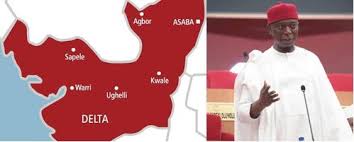



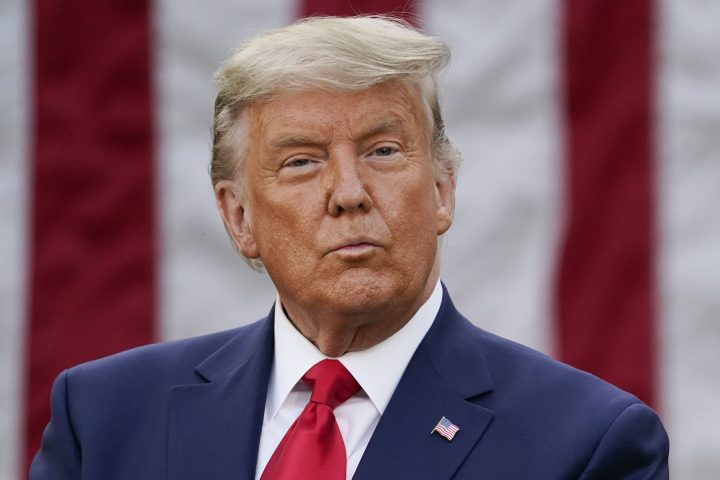







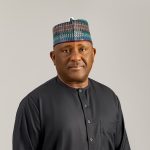

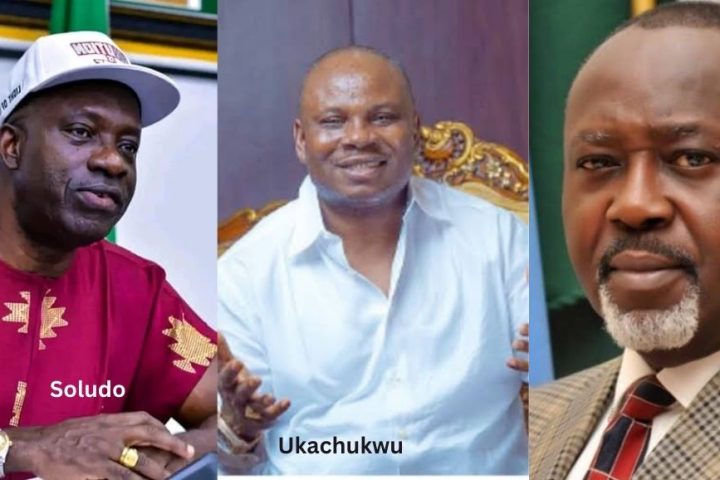
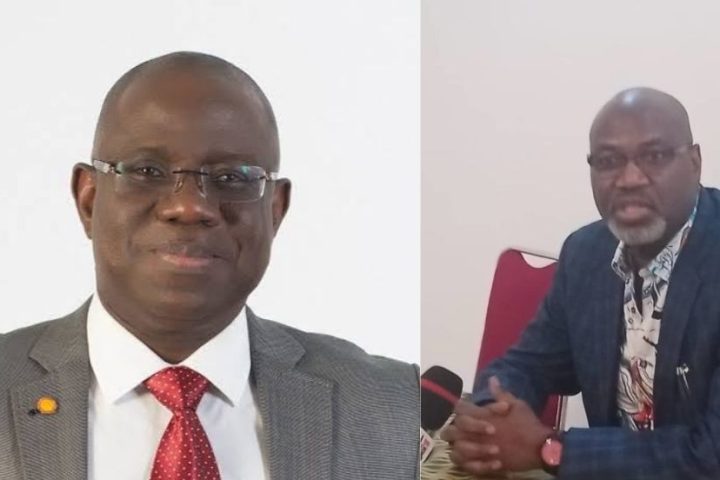
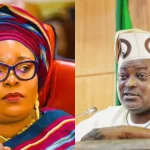
Follow Us